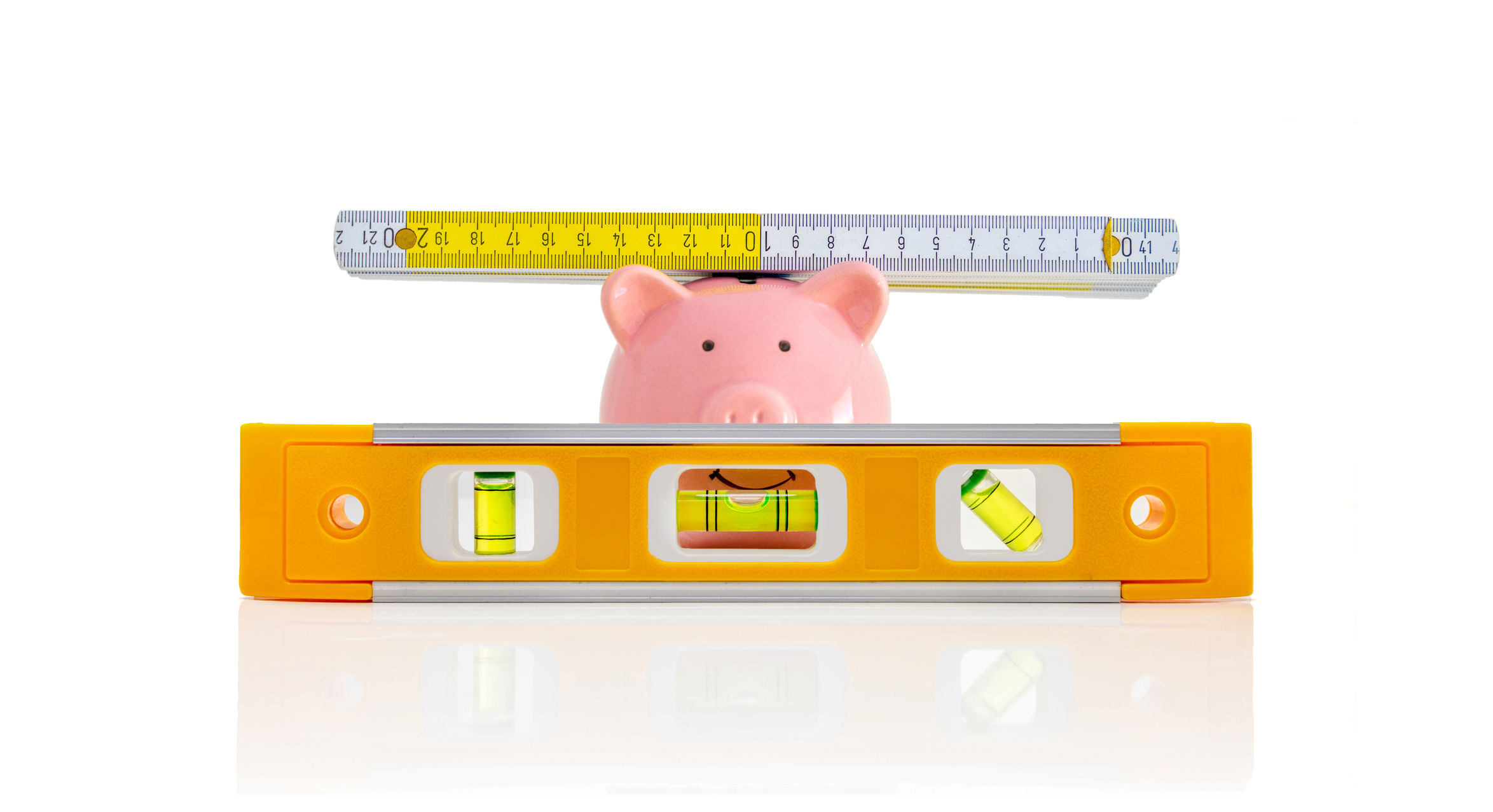It’s Tuesday, May 17, 2022, and we are currently in the midst of an existential crisis; aren’t we all, when we are being very honest with ourselves, a little bit spambot at heart?
Tomorrow, TC Sessions: Mobility kicks off. Last chance saloon to buy tickets for our in-person event Wednesday and Thursday, or the virtual event on Friday! — Haje and Christine
The TechCrunch Top 3
- Spambots holding up Twitter deal: Elon Musk doubled down on his previous tweets this morning, basically saying that if Twitter CEO Parag Agrawal is unable to back up claims that the number of spam and/or fake accounts is around the 5% the company says, Musk’s deal to acquire Twitter will not move forward. It would be a shame, really, after we’ve devoted so much effort in following the story, for it to not go through.
- The Twitter choice is up to you: Which then begs the question: “Does Elon Musk really even want to buy Twitter?” Alex does a deep dive into this very question, and when he resurfaces, he finds that perhaps Musk wants to get out of the deal for a couple of reasons, one being it was not the company he thought it was.
- Where dem dollas at?: Enabling other companies to offer financial products continues to be a hot area for venture capital investors to put their dollars. The latest is Unit, which is now a unicorn after closing on a $100 million Series C round. What’s interesting about what Unit does is that anyone, even those in the freelance or creator economy, can do it, too.
Startups and VC
Icarus ignores Daedalus’s instructions not to fly too close to the sun, melting his wax wings. A similar situation is causing Bird to change course and drop vehicle sales in pursuit of profitability, according to its Q1 earnings call, Rebecca reports.
In a curious twist, Greenlight — which typically focuses on bank accounts for kids — just launched a new credit card aimed at helping parents save for college for their kids. The card’s purpose is reflected in the way it’s being marketed, but ultimately, it functions very similarly to any other credit card that offers cash back to users, Anita concludes.
All startups, all the time:
- Own a doorknob and a window: Giving regular investors the chance to invest in fractional home ownership, Mary Ann reports that Arrived raised a $25 million Series A.
- Content goes in, pages come out: Storyblok raised $47 million to make it easier for nontechnical users to use a “headless” CMS that decouples content from the presentation layer of a site, Ingrid reports.
- When it all comes crashing down: Encouraged by a $46 million round of fresh capital, Instabug aims to broaden its purview, offering more services than just fixing bugs plaguing your software, Mary Ann reports. For one, the company expanded its focus from bug and crash reporting to building out application performance monitoring software “to capture everything around mobile performance.”
- I want it all, I want it now: With the popularization of real-time database technologies, stale data might soon become a thing of the past. Investors seem to believe the sales pitch, at least, Kyle reports, with Imply raising $100 million at a $1 billion+ valuation.
- Well, print me sideways: Days after MakerBot and Ultimaker announced merger plans, one of the companies’ most well-regarded competitors is making its own moves. Prague-based Prusa Research is acquiring Printed Solid, Brian writes.
How to evolve your DTC startup’s data strategy and identify critical metrics

Image Credits: deepblue4you (opens in a new window) / Getty Images
Most e-commerce startups use the same major platforms and analytics tools to gather data for the dashboards that measure the health of their businesses.
As a result, most direct-to-consumer companies make the same mistakes when it comes to refining raw transactional data, according to Michael Perez, director of growth and data at M13.
The calculation errors hardwired into platform data can lead teams to miscalculate key metrics, “drastically overestimate their customer lifetime value and overspend on marketing campaigns,” says Perez.
He identifies two common data mistakes: creating metrics at the wrong level of granularity, and using downstream metrics that usually create data silos.
“We’re generally big fans of plug-and-play business intelligence tools, but they won’t scale with your business.”
(TechCrunch+ is our membership program, which helps founders and startup teams get ahead. You can sign up here.)
Big Tech Inc.
Want to monitor your company’s carbon footprint? Microsoft has an offering for that. The tech giant is joining other tech giants, like Salesforce, Google (which announced some new security features itself) and IBM, in offering sustainability tracking products. In Microsoft’s case, it will gather a bunch of data companies can use to eventually reduce that footprint and meet sustainability goals.
Robinhood has its sights set on a new target: more features. One includes enabling users to manage their own crypto wallets instead of Robinhood doing it for them. There seems to be a “private key” involved with the custodial accounts, so make sure you don’t leave it anywhere.
Lots of Apple news today. We’ll give you the short-short version, including new rules that will let apps raise subscription prices automatically (that won’t be abused, right?). The company is also kicking off its new Apple Music concert series with a livestream performance by Harry Styles and reportedly testing out E Ink’s outer display as it designs a foldable device.
Some others for your afternoon jam session:
Credit: Source link


Comments are closed.